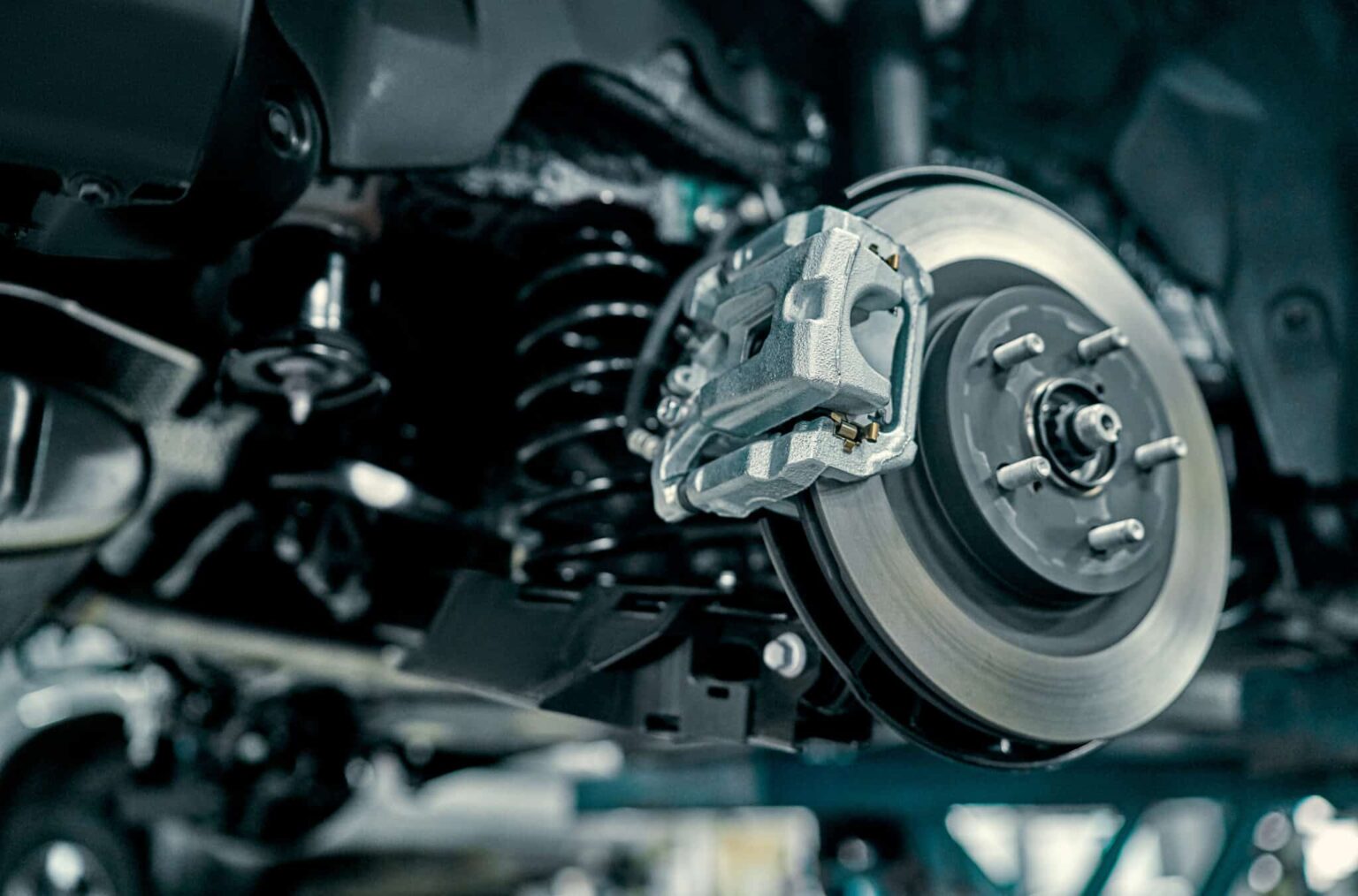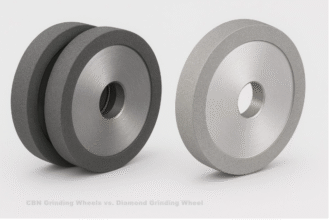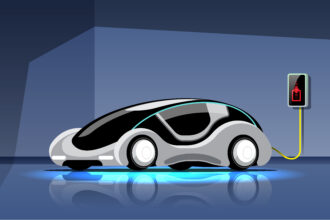Your car’s braking system is one of the most crucial components for safety on the road. Over time, brakes wear out and failing to notice early warning signs can result in costly repairs or even dangerous driving conditions. But here’s the good news: most brake issues can be prevented or identified early through regular car servicing.
In this guide, we’ll explore:
- The main components of your braking system
- How brake pads wear out
- Key warning signs to watch for
- How to prevent brake wear
- The role of regular car servicing
- What a full car service includes
- Where to get reliable servicing in Aldershot
Understanding Your Vehicle’s Braking System
Your braking system is an intricate network of parts designed to work together to safely slow down or stop your vehicle. At the heart of this system are the brake pads, which press against spinning discs (called brake rotors or discs) attached to your wheels. This friction slows the car down.
The calipers are responsible for applying this pressure. When you press the brake pedal, brake fluid flows through hydraulic lines to the calipers, triggering them to squeeze the brake pads against the discs. This system is supported by the brake booster, which amplifies the pressure you apply to the pedal, and the anti-lock braking system (ABS), which prevents your wheels from locking up during emergency stops.
Over time, any of these components can wear down, and issues in one area often affect the others. That’s why understanding how the entire system works helps you better recognize problems when they arise.
How Brake Pads Wear Out Over Time
Brake pads are designed to wear down slowly each time you use your brakes. With every stop, friction is generated between the pad and the disc. This friction wears away a small portion of the brake pad’s material. Over thousands of miles, the pad eventually becomes too thin to provide adequate stopping power.
The rate at which pads wear out varies significantly depending on driving conditions and habits. If you frequently drive in heavy traffic, ride your brakes going downhill, or tow heavy loads, your pads may wear out faster. Environmental conditions, like steep terrain or stop-and-go city driving, also accelerate wear.
In addition, the type of pad material matters. Ceramic pads, for instance, are quieter and produce less dust, but wear out faster under stress. Semi-metallic pads are more durable but can be noisier and cause more rotor wear. Many modern vehicles now include wear sensors that alert you via a dashboard light when it’s time for a replacement.
5 Warning Signs That Your Brakes Need Immediate Attention
-
Squealing or Grinding Noises
One of the most obvious signs of brake trouble is a noise when you press the pedal. A high-pitched squeal typically means the pads are nearing the end of their life and need replacement. If you hear a harsh grinding noise, the pads may have worn down completely, allowing the metal backing plate to rub directly against the disc, a situation that can severely damage your rotors.
-
Spongy or Soft Brake Pedal
When the brake pedal feels soft or spongy under your foot, or if it takes more effort than usual to bring the car to a stop, the issue could be air trapped in the brake lines or degraded brake fluid. This compromises braking efficiency and requires immediate attention to prevent dangerous situations.
-
Vehicle Pulls to One Side
If your car pulls to the left or right when braking, you may be dealing with uneven brake pad wear, a seized caliper, or inconsistencies in brake fluid distribution. This can affect your control of the vehicle, especially in emergency situations.
-
Brake Warning Light On Dashboard
A brake warning light is often triggered by sensors detecting issues like worn brake pads, low brake fluid, or malfunctions in the ABS. While it may seem like a small alert, ignoring it can lead to serious failures in the braking system.
-
Increased Stopping Distances
If your car takes noticeably longer to stop even under normal conditions, it could mean your brakes are no longer functioning as they should. Worn-out pads, glazed discs, or contaminated brake fluid could all be contributing to this dangerous symptom.
Common Brake Repairs You May Need
Brake repair can range from simple pad replacements to more involved tasks like resurfacing discs or servicing calipers. When pads are worn but the rotors are still in good condition, technicians may simply replace the pads. If the discs are warped or grooved, they may need to be resurfaced or replaced entirely if the damage is severe.
Another important service is a brake fluid flush. Over time, brake fluid can absorb moisture from the air, which reduces its effectiveness. Flushing the system ensures consistent hydraulic pressure and helps prevent corrosion in brake components.
Sometimes, issues stem from malfunctioning calipers, which may stick or fail to apply even pressure to the pads. In these cases, caliper servicing or replacement is necessary. Advanced diagnostics may also reveal problems with ABS sensors or control modules, particularly in newer vehicles.
How to Extend the Life of Your Brakes
Preserving your braking system starts with adopting good driving habits. Smooth, gradual braking reduces friction and heat, minimizing wear on both pads and rotors. Where possible, anticipate stops by easing off the accelerator early rather than waiting until the last moment to brake.
When driving downhill, shift into a lower gear to allow engine braking to assist in slowing your vehicle. This takes stress off the brake system and prevents overheating. It’s also wise to avoid carrying unnecessary weight, as a heavily loaded car places more strain on the brakes.
Avoid riding the brakes—keeping your foot on the pedal lightly for extended periods—as this generates continuous heat and accelerates pad wear. Finally, regular car servicing ensures that brake components are inspected, cleaned, and replaced before they pose a risk.
How Car Servicing Helps Detect Brake Issues Early
A full car service is your first line of defense against brake failure. During a full service, trained technicians assess the thickness of your brake pads, the condition of your discs, and the quality of your brake fluid. They check for signs of leaks in hydraulic lines, seized calipers, and irregular wear patterns.
This preventive approach not only protects your safety but also saves money. By catching small problems early, you avoid the need for costly repairs down the line—such as replacing an entire braking assembly or dealing with collateral damage to suspension components.
Regular servicing also helps retain your vehicle’s value and ensures compliance with manufacturer warranties.
When Should You Service Your Car in the UK?
In the UK, vehicle manufacturers typically recommend a full car service once a year or every 12,000 miles—whichever comes first. However, if you cover a lot of mileage annually, it’s a good idea to opt for an interim service every six months to stay ahead of wear and tear.
In addition to mileage, you should also consider a service if your car’s braking feels off, if dashboard lights are on, or if you’re preparing for a long trip or MOT test. Skipping services can lead to undetected problems that not only affect performance but could also cause your vehicle to fail its MOT.
What’s Included in a Full Car Service?
A full car service covers every aspect of your vehicle’s health and roadworthiness. While exact checklists vary slightly between garages, a typical full service includes:
-
Oil and Oil Filter Change: To keep your engine lubricated and clean
-
Brake Inspection: Pads, discs, calipers, and brake fluid all checked and topped up
-
Tyre Check: Tread depth, wear patterns, and tyre pressure
-
Suspension and Steering Check: For smooth handling and stability
-
Battery and Charging System Test: To ensure reliable starts
-
Air and Fuel Filter Replacement: Improves engine performance and fuel economy
-
Lights, Indicators, and Wipers Test: Ensures full visibility and road safety
-
Exhaust System Check: For leaks or damage
-
Coolant and Washer Fluid Top-Up
Why Choose Gforce Tyres & Exhaust in Aldershot?
Gforce Tyres & Exhaust is your trusted local garage in Aldershot, offering top-tier servicing, MOT testing, and brake repairs. Our experienced technicians are committed to quality workmanship, using the latest tools and premium parts to deliver lasting results.
We offer flexible full and interim servicing packages tailored to your vehicle’s needs, with same-day availability and transparent pricing. Whether you’re booking a routine inspection or responding to urgent brake issues, we ensure your vehicle is safe, reliable, and road-legal.
With MOT testing for both Class 4 and Class 7 vehicles, you can keep all your automotive care under one roof. Our reputation for reliability and efficiency makes us the go-to garage for drivers throughout Aldershot and surrounding areas. Visit Gforce Tyres at 183-Ash Road, Aldershot for expert brake repairs and full car servicing you can trust.
Final Thoughts
Brake problems can sneak up on even the most experienced drivers but they don’t have to. Learning to spot early signs of wear and investing in regular servicing is the best way to stay ahead of costly repairs and unsafe driving conditions.
If you’re due for a brake check or a full car service, don’t wait.
Frequently Asked Questions
Q: How often should brake pads be replaced?
A: Most brake pads need replacing every 25,000 to 50,000 miles, depending on driving style, pad material, and road conditions.
Q: Does a full car service include a brake check?
A: Yes, a thorough inspection of your brake system is standard in every full service at Gforce Tyres & Exhaust, including pad wear, disc condition, and brake fluid levels.
Q: What happens if I ignore brake warning signs?
A: Ignoring signs like squealing or longer stopping distances can lead to brake failure, rotor damage, or costly repairs that could have been avoided with timely maintenance.
Q: Can I get my brakes checked without booking a full service?
A: Absolutely. We offer standalone brake inspections and repairs, ideal if you’re experiencing specific symptoms like noises or soft pedal response.

















